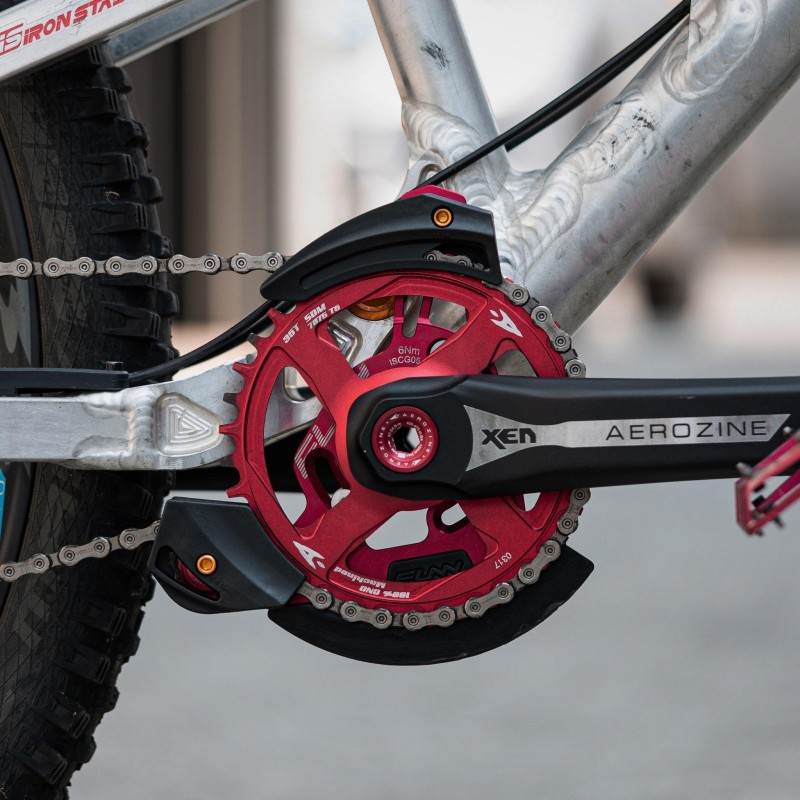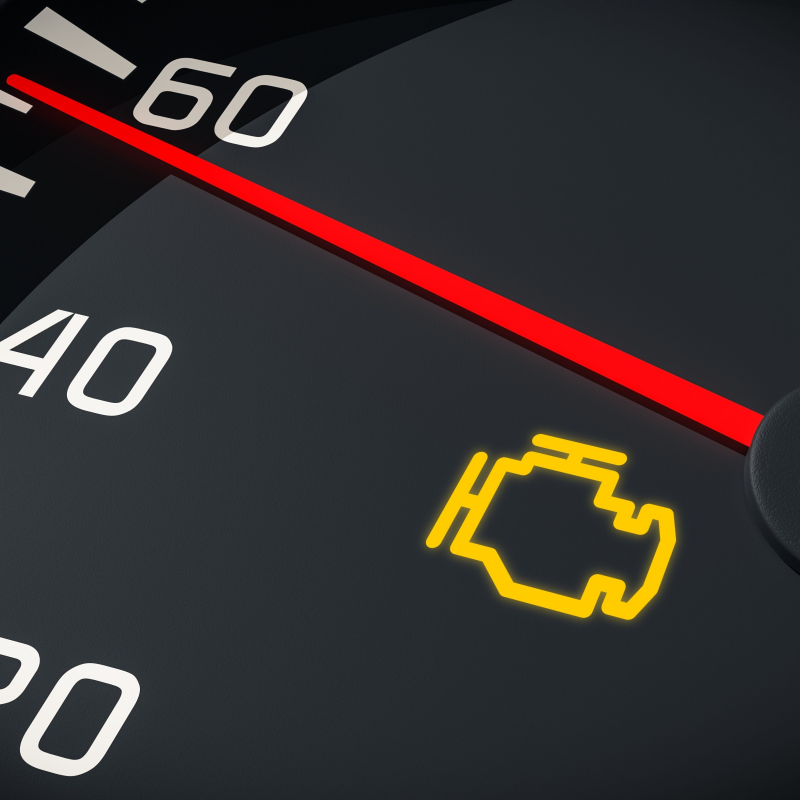What are engine brakes? In the realm of automotive technology, engine brakes play a crucial role, especially for larger vehicles like trucks and buses. These innovative mechanisms not only enhance safety on the road but also improve vehicle efficiency and control during descents. While many drivers rely heavily on traditional brake systems without thinking much about their alternatives, engine brake operate differently. Understanding engine brakes allows drivers, especially those operating larger vehicles, to make informed decisions about their driving techniques. This article will explore the inner workings of engine brake, compare them to conventional braking systems, discuss their benefits, and provide insight into some common misconceptions. By delving into this topic, you’ll gain a clear understanding of what engine brakes are and how they impact your driving experience.
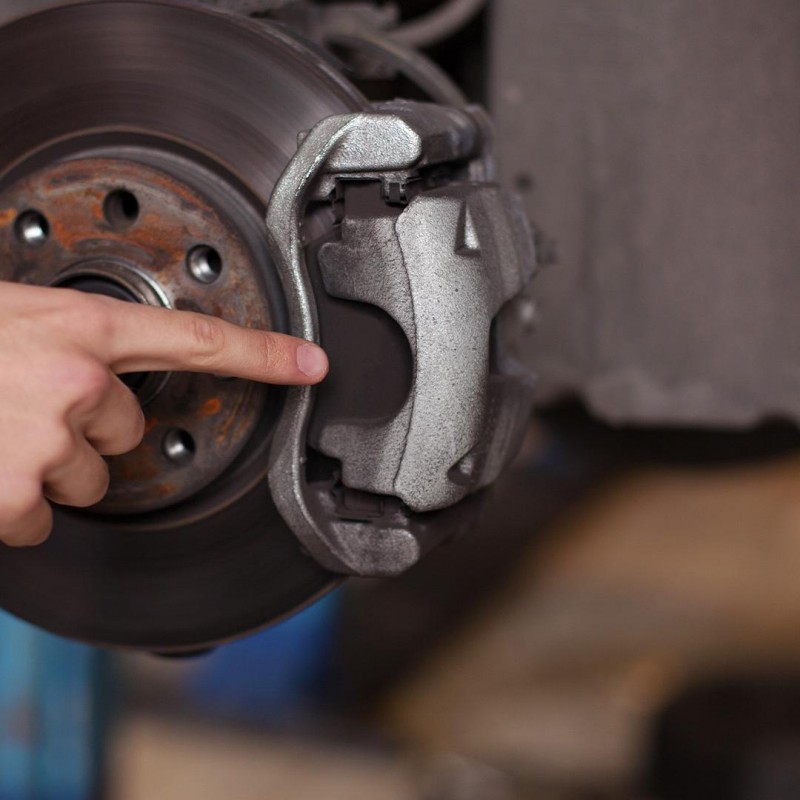
What Are Engine Brakes?
Engine brake refer to mechanisms that utilize the engine’s compression cycle to slow down a vehicle. Instead of relying solely on friction created by brake pads pressing against the rotors—like traditional brakes—engine brake take advantage of engine parameters to decelerate the vehicle smoothly.
How Engine Brakes Work
To grasp the functionality of engine brake, it’s essential to understand the basics of how an engine operates.
- Compression Release: The primary mechanism of engine braking involves the compression of air in the engine cylinders. When the driver takes their foot off the accelerator, the vehicle’s speed increases, leading to higher RPMs (revolutions per minute). The engine doesn’t receive fuel at this stage, which decreases pressure and results in a braking effect.
- Exhaust Release: In some vehicles, particularly diesel engines, releasing exhaust during the intake phase can help facilitate engine braking. This mechanism assists in slowing the vehicle down further, especially during steep descents.
Types of Engine Brakes
Several types of engine brake exist, each with unique applications and functions:
- Compression Release Brakes: Commonly used in heavy-duty diesel trucks, these brakes release compressed air during the exhaust stroke, providing more significant braking force.
- Jake Brakes: A popular form of compression release brakes, often found on diesel engines. They significantly enhance braking efficiency and are known for the distinctive noise they produce when activated.
- Exhaust Brakes: These brakes utilize the back pressure created by the exhaust system to slow the engine down. They are less powerful than compression release brakes but help in maintaining control on downhill grades.
Understanding what engine brake are and how they operate provides you with a solid foundation for appreciating their significance in vehicle safety and performance.
Benefits of Engine Brakes
The implementation of engine brake offers several advantages, particularly in heavy vehicles and situations that demand extra control.
Enhanced Safety
Engine brake enhance overall safety for drivers:
- Control During Descents: Using engine brake assists drivers in maintaining control while navigating downhill grades. This minimizes the risk of overheating traditional brakes, which can lead to brake failure.
- Reduced Stopping Distance: By integrating engine brake, the stopping distance can be shortened compared to relying solely on standard brakes.
Increased Longevity of Traditional Brakes
Engine brake play a vital role in extending the life of conventional braking systems:
- Less Wear and Tear: Utilizing engine brake reduces the frequency of activating traditional brakes, leading to decreased wear on brake pads and rotors.
- Cost-Effectiveness: In the long run, reduced maintenance on traditional brake systems translates to savings in repair costs and replacements.
Improved Fuel Efficiency
Another noteworthy benefit of using engine brake relates to fuel efficiency:
- Reduced Brake Friction: Minimizing reliance on traditional brake systems decreases fuel consumption. This is particularly advantageous for heavy-duty trucks and commercial vehicles where fuel efficiency is critical.
- Optimal Performance: Engine braking assists in optimizing overall engine performance, leading to a better driving experience and reduced environmental impact.
Comparison Between Engine Brakes and Traditional Brakes
Knowing the differences between engine brake and conventional braking systems helps clarify when to use each mechanism effectively.
Mechanism of Action
The primary distinction between the two methods lies in how they slow down a vehicle:
- Engine Brakes: Rely on the engine’s compression cycle. Activation occurs naturally when the throttle is released, and the vehicle’s momentum is harnessed to slow down.
- Traditional Brakes: Function through friction created by pressing brake pads against rotors. This type of braking system requires a higher level of driver intervention for activation.
Performance in High-Stress Situations
Consider how each type performs under pressure, such as on steep hills:
- Engine Brakes: Highly effective in maintaining control while driving down steep grades. They provide continuous deceleration without the risk of brake overheating.
- Traditional Brakes: Lower performance when consistently applied during lengthy descents can lead to fading or failure.
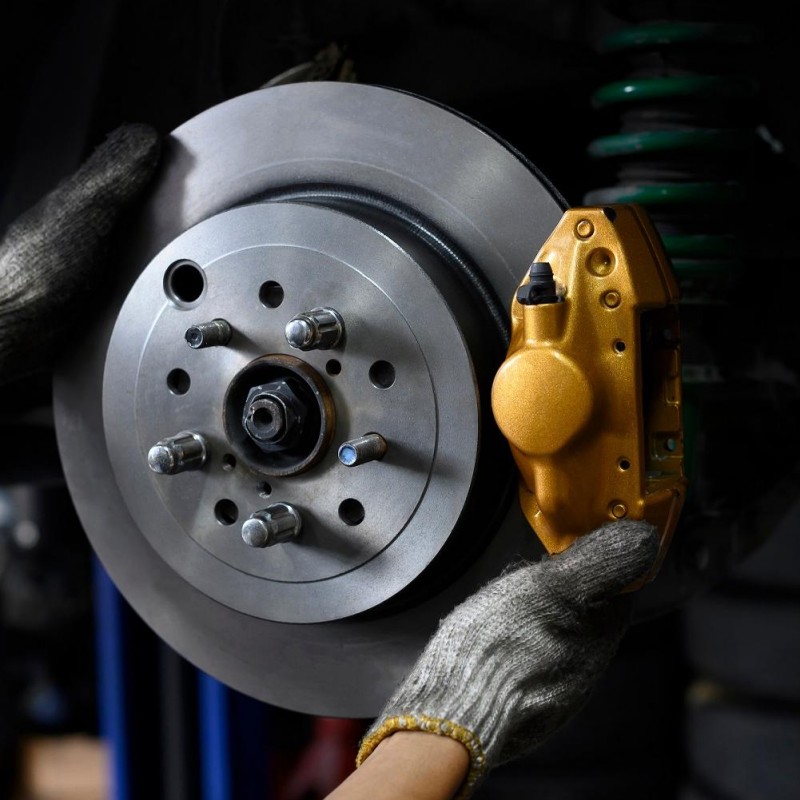
User Experience and Control
The driving experience and control differ for both braking systems:
- Engine Brakes: Offer seamless deceleration without abrupt interruptions. Drivers benefit from smoother stopping and improved control in challenging conditions.
- Traditional Brakes: Provide an immediate response but may result in sudden stops that can be jarring. This can lead to discomfort for passengers and strain on vehicle systems.
Proper Techniques for Using Engine Brakes
Leveraging engine brake effectively requires some knowledge and technique. Here are some best practices for maximizing their benefits.
Recognizing When to Use Engine Brakes
Understanding when to activate engine brake is crucial for optimizing performance:
- On Steep Descents: Engine brake should be utilized when approaching long downhill stretches to maintain speed control without overusing traditional brakes.
- In Traffic Situations: When driving in heavy traffic and steadily slowing down, engage engine brake. This helps conserve the braking system while providing smooth deceleration.
Shifting Gears for Smooth Operation
For vehicles equipped with manual transmissions:
- Downshifting: Gradually downshifting to lower gears can enhance engine braking effectiveness. Allow the engine speed to match the speed of the vehicle for improved control.
- Coordination: Maintain consistent throttle control during gear changes to ensure a smooth transition and optimize deceleration.
Listening for Engine Braking Sounds
When utilizing engine brake, pay attention to various sounds originating from the engine:
- Jake Brake Noise: If equipped, you will hear the characteristic sound produced by compression release brakes. This indicates that the engine is actively slowing down.
- Unusual Noises: Be mindful of any unusual sounds that may indicate potential issues. Address mechanical concerns promptly to avoid complications.
Common Misconceptions About Engine Brakes
Even with their functional importance, several misconceptions surrounding engine brake persist. Clearing up these misunderstandings is essential for effective vehicle operation.
Engine Brakes Are Only for Trucks
While engine brake are prevalent in larger vehicles, they are not limited to trucks:
- Applicable to Various Vehicles: Many modern cars and motorcycles also feature engine braking systems. Understanding their function can improve control for all types of vehicles.
Engine Brakes Are the Same as Regular Brakes
Many people think of engine brake and traditional brakes as identical:
- Distinct Mechanisms: Engine brake operate differently than traditional brakes and were designed for specific scenarios, such as downhill driving.
- Complementary Systems: Recognize that both braking systems serve unique purposes. Engine brake can enhance the effectiveness of conventional brakes when used together.
Using Engine Brakes is Bad for the Engine
Concern exists that using engine brake could damage the vehicle’s engine:
- Safe Operation: When appropriately used, engine braking techniques do not harm the engine. Instead, they can enhance overall performance.
- Maintenance Benefits: Engine braking can lead to better fuel efficiency and reduced brake wear, ultimately benefiting the vehicle’s overall health.
Maintenance Considerations for Engine Brakes
Maintaining your engine braking system is essential for optimal performance. Below are some maintenance tips to help keep your system in top shape.
Regular Inspections
Conduct routine inspections related to your braking system, including engine brake:
- Fluid Levels: Check fluid levels in hydraulic systems connected to the braking function. Maintaining proper fluid levels is essential for achieving efficient breaking.
- Component Checks: Regularly inspect components related to the engine braking system, ensuring they are functioning properly.
Addressing Wear and Tear
Be proactive by addressing wear and tear early:
- Replace Worn Components: Always replace components that show signs of wear. Keeping your brakes in good condition avoids more significant issues later.
- Cleaning: Regularly clean the engine and brake components to ensure optimal function. Removing debris can prevent damage to critical parts.
Consulting Professionals
If unsure about the performance of your engine braking system:
- Professional Assistance: Consult a mechanic or specialist who understands engine braking systems. Their expertise can help troubleshoot issues and maintain your system effectively.
- Educate Yourself: Engaging with resources, forums, or communities related to motorcycle or vehicle maintenance can improve your understanding of your engine brake.
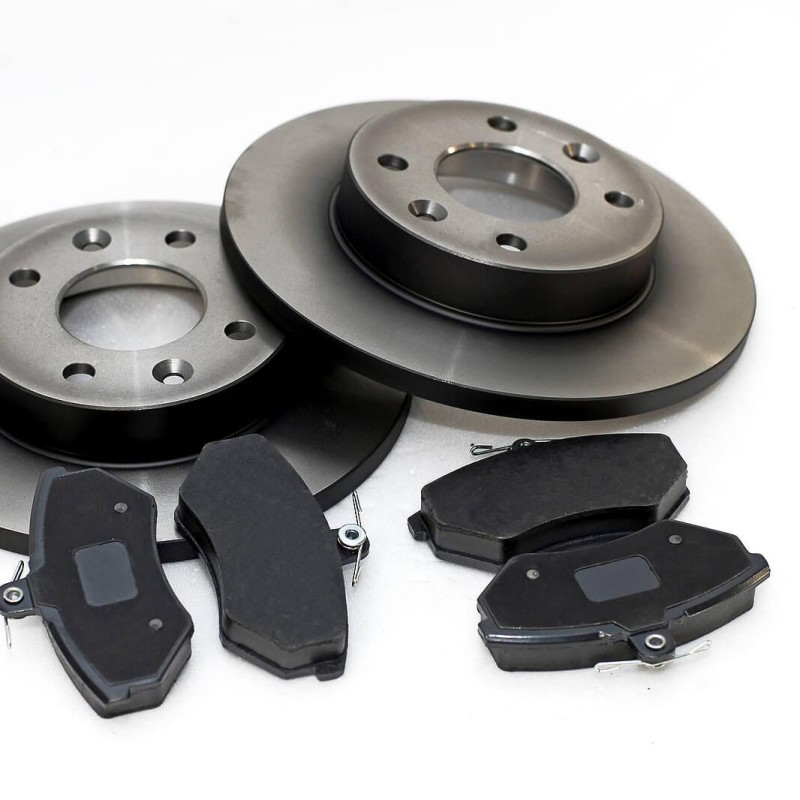
Conclusion
Understanding what engine brakes are and how they function is essential for drivers, especially those operating larger vehicles. These braking systems have gained significance for their effectiveness in maintaining control, safety, and efficiency on the road. By capitalizing on the benefits of engine brakes, drivers can enhance their overall experience and prolong the life of their vehicles.
This comprehensive exploration of engine brakes has covered their mechanics, benefits, and maintenance considerations, as well as addressing misconceptions. By familiarizing yourself with these concepts, you’ll feel empowered to utilize engine brakes effectively while promoting vehicle safety.
As you navigate your driving journey, remember that knowing when and how to use engine brakes can significantly impact your experience. Embrace the knowledge gained from this guide, and enjoy smoother, safer rides in the future.

